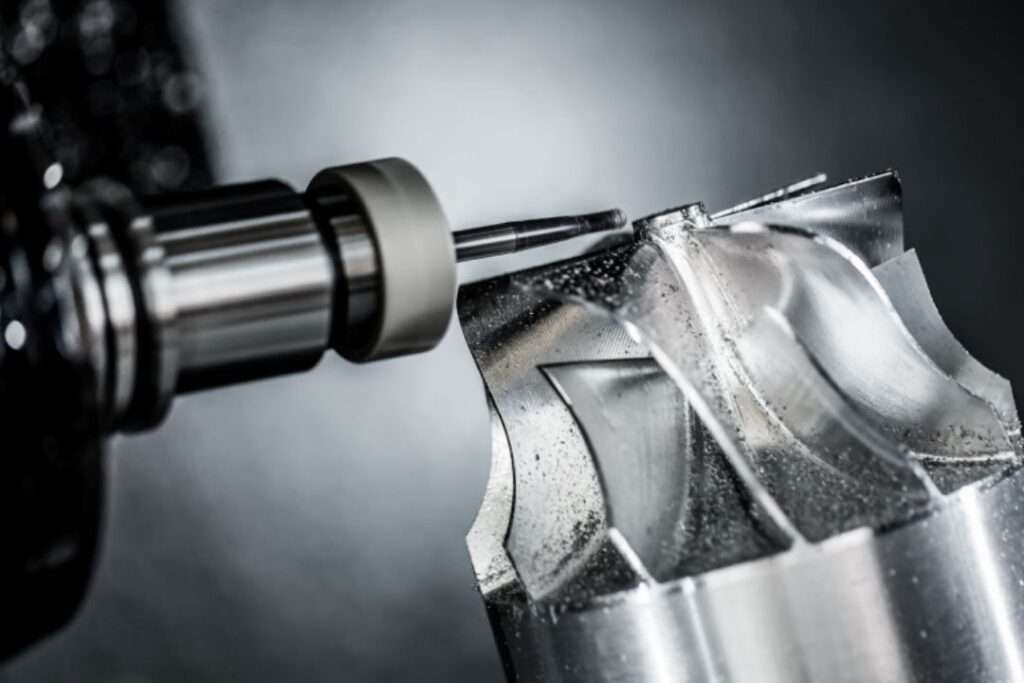Texas Instruments (TI) has introduced a new line of automotive semiconductors aimed at improving vehicle safety systems and supporting more advanced autonomous driving functions. The lineup includes several firsts in the industry, such as the LMH13000 — the first integrated high-speed lidar laser driver — along with new automotive-grade bulk acoustic wave (BAW)-based clock solutions and an upgraded millimeter-wave radar sensor.
The LMH13000 offers a rapid 800-picosecond rise time, enabling vehicles to measure distances up to 30% farther than current discrete solutions. This translates to quicker and more accurate obstacle detection. The integrated design also removes the need for bulky external components, cutting down system size by up to four times and reducing overall costs by about 30%.
“Our latest analog and embedded solutions are designed to help automakers meet today’s safety requirements while accelerating the shift toward a zero-collision future,” said Andreas Schaefer, General Manager for ADAS and Infotainment at TI.
Among the new offerings are the CDC6C-Q1 oscillator and two clock generators — the LMK3H0102-Q1 and LMK3C0105-Q1. All three utilize BAW technology to offer 100 times more reliability than conventional quartz-based clocks. These components are engineered to perform consistently even under high temperature variations, vibration, and electromagnetic interference — all common challenges in automotive applications.
Also debuting is the AWR2944P, an enhanced version of TI’s existing millimeter-wave radar sensor. The upgraded model delivers longer detection range, better angular precision, and increased processing performance. It includes radar-specific hardware acceleration to support real-time machine learning algorithms.
As the automotive sector continues to move toward more autonomous capabilities, the demand for dependable, efficient, and compact components is growing. TI’s new solutions address these needs by combining performance, reliability, and cost-effectiveness in a format suitable for a broad range of vehicles.
Lidar remains a key technology in enabling autonomous navigation, providing high-resolution 3D mapping of surroundings. TI’s LMH13000 improves on previous challenges with its compact footprint, low cost, and thermal stability — showing just 2% variation in output current across its temperature range, compared to up to 30% in legacy systems.
Preproduction units of all new products are now available for order, with expanded options and a fully automotive-qualified version of the LMH13000 expected to launch in 2026. Texas Instruments, traded under the ticker TXN on Nasdaq, develops analog and embedded chips used across industries including automotive, industrial equipment, personal electronics, and communications.








